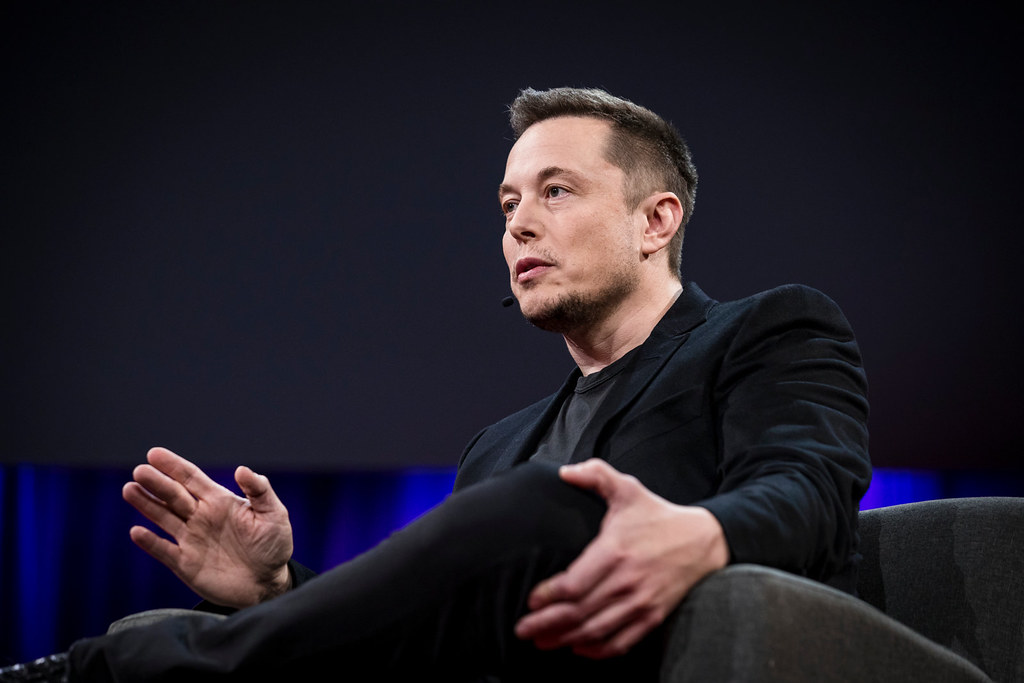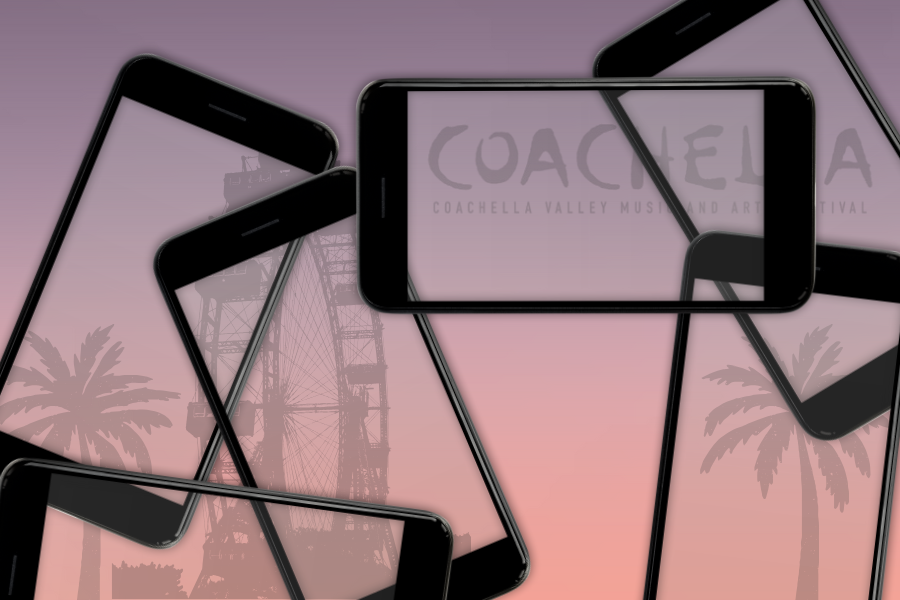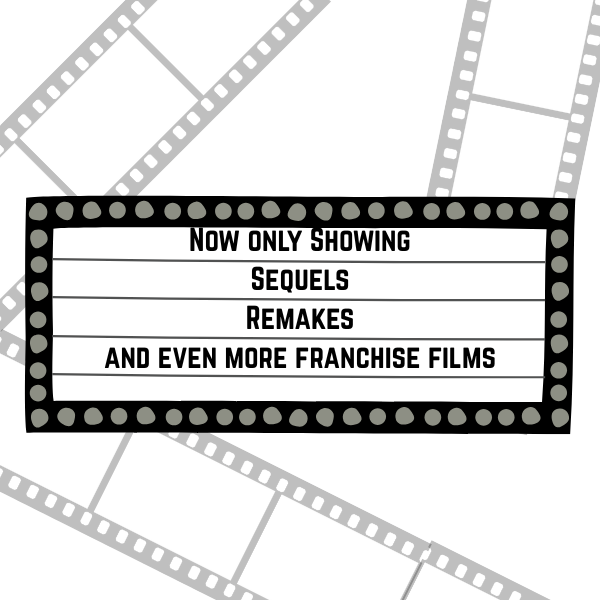For many, there is a passion for making content online. Spaces like YouTube and TikTok allow for endless possibilities and ideas. However, passion is often overlooked and forsaken when the content becomes monetized by corporate sponsors.
Sponsors who advertise on online platforms or podcasts don’t want their brand near any kind of negative image that would discredit them, and reasonably so. Although they wish to protect their image, dictating what one does with their platform should never occur.
People who find themselves making a living off of hosting a show, podcast, etc most likely already have people within their company advising them. Additional outside voices with a sole interest in money aren’t going to make for a better product. While advertisers should have the right to pull their ads if they wish, threatening ads on the condition of changing or removing content is a total overstep on any sponsor’s end.
X, formerly known as Twitter, CEO, Elon Musk just let advertisers know not to cross that same line.
The internet has been buzzing since Nov. 29 when Musk made a statement about advertisements relating to his company. During the Dealbook Summit, Musk was asked about advertisers pulling their ads from X due to the offensive content found on the app.
Elon stated that he hoped advertisers stop on his site anyway, followed by a statement that sent shockwaves through the audience and the media, making Disney CEO, Bob Iger look like a clown once again. Musk’s vulgar comments and personal call out to Iger surprised many. Iger was in the audience for Musk’s interview after Disney had recently pulled their ads on X. This was following the amount of antisemitic content that was seen alongside ads for Disney, IBM, and others.
“If someone’s going to try to blackmail me with advertising, blackmail me with money, go f*ck yourself. Go. F*ck. Yourself. Is that clear? I hope it is. Hey, Bob,” said Musk during the summit.
Despite their vulgar nature, Musk’s words demonstrated perfectly what it means to be a firm businessman. He reserves the right to govern what content is on his platform, not corporate sponsors or Iger. For too long, it seems that sponsors can dictate what content appears on said platforms.
While sponsors generate revenue for X, formerly known as Twitter, Musk has already made it clear when he fired the majority of Twitter employees the month he bought the company, that he is not afraid to go to extreme measures. While Musk has certainly received backlash, he has also gained more respect from many people who already consider him a role model in the business industry.
Elon has always been one to be a little out of the ordinary when it comes to the expected behavior from a man with his kind of resume and net worth. Musk has always done things his way regardless of how others feel about it or even how it may impact others. He truly will not change the content on X based on what advertisers tell him, no matter how many zeros are on the check. Like him or hate him, that kind of integrity should be respected.
Looking beyond Musk’s disruption, the trend of standing up to corporate sponsors and their pressing mandates has been seen more often in recent months.
Just weeks ago, podcaster Theo Vaughn hosted an episode of his YouTube show with special guest UFC President Dana White. Vaughn proceeded to tell a story about how the Peloton company threatened to end their sponsorship deal if they did not take down an episode that featured presidential candidate Robert Kennedy Jr. White was outraged by this story. The two ended up researching the company’s CEO, Barry McCarthy. Both White and Vaugh proceeded to laugh and make fun of McCarthy, saying he certainly looks like “that guy.”
Vaughn looked the camera right in the eye and swore off the company. White also announced that he would be getting rid of the Peloton bikes in his gym as soon as possible. The episode was entertaining seeing creators who were unafraid to share their thoughts on companies who were strict about their sponsorships regardless of the consequences.
White also talked with Vaughn about how to choose a proper sponsor. He says that nowadays, he only chooses sponsors for UFC when he knows that the sponsor’s values and vision align with his. Otherwise, he would say no to the deal. This is done wisely by White to have good business relationships and avoid sponsor control.
White and Musk are the exact kind of atypical businessmen that you would think of when imagining rich CEOs giving the two-finger salute to their sponsors. Regardless of the amount of money, both men reserve the right to say what they mean and run their businesses the way that they see fit. It’s almost ironic that the two people who take shots at corporate censorship are also two of the biggest businessmen in the world.
These types of instances send a very strong message against corporate sponsorship. However, these are two men with unfathomable amounts of money. While it may inspire many people, middle-class workers don’t have that kind of luxury. There is certainly more work to be done in fighting corrupt sponsors and censorship than two “F You’s” from two (I hate to say it) rich white men.
However, creators on YouTube constantly get demonetized on YouTube. Fortunately, the mass banning of YouTubers over time has opened an alternative to YouTube known as Rumble. Rumble is a platform that claims to be a free speech platform, allowing creators to upload whatever they wish without fear of censorship. Additionally, White holds his own show on Rumble known as Powerslap.
The battle against corporate censorship is far from over. While the internet is still relatively new, corporate greed is not. All the internet did was allow corporations to profit from entertainment and social media entities using sponsorships and even dictate the way people run their shows or businesses. However, with the public demonization of sponsors and an up-and-coming alternative to YouTube, the world seems ready to change again.









